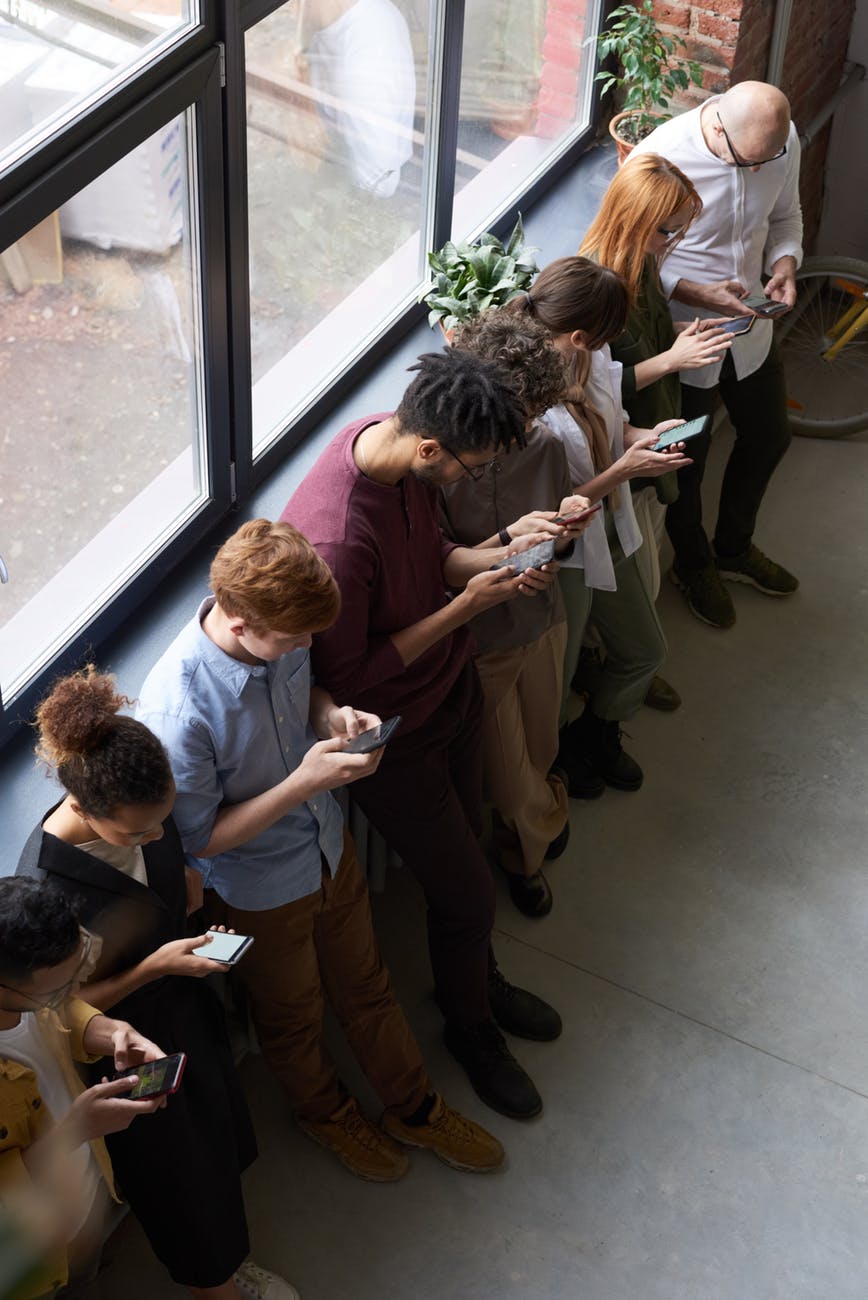We hear a lot about how screens can be addictive. The word gets tossed around casually, such as, “She has a smartphone addiction —she’s on Snapchat all the time!” or “He has a Fortnite addiction—it’s all he wants to do!” Perhaps you might even feel addicted to your screen. Although use of this term is quite common, can our screens truly be addictive?
Given the amount of time people are spending on screens these days, it is understandable that “screen time” is an issue about which many of us, especially parents, are concerned. I can’t claim that I have a definitive answer as to whether we can truly be addicted to our screens. This topic is still hotly debated, which just proves that there is no definitive answer. My goal here is to provide some ways of thinking about this issue with an understanding that there are many valid perspectives.
First, adults should take care to avoid the hypocrisy of criticizing the youth about their screen use. It’s not just the kids who have problems putting down their screens. Actually, some data suggest that moreparents report feeling addicted to their screens than kids. According to a 2019 Common Sense Media report, 39% of kids feel addicted to their phones (an 11-point decrease from 2016) and 45% of parents feel addicted to their phones (an 18-point increase since 2016). Importantly, just because people feel that they are addicted to something, doesn’t mean that they are.
A Short “Answer” As to Whether Screens Are Addictive
My short answer is that screens are generally not addictive, at least not in the same way that people can become addicted to crystal meth, nicotine, or opioids such as fentanyl. While we have heard and used terms like “Snapcrack,” “World of Warcrack,” and “Crackberry,” our screens are not nearly as addictive or destructive as drugs like crack cocaine. Given that about 3.5 billion people own smartphones, or about 45% of the world’s population, if they wreaked the same level of havoc as opioids, we’d have a crisis on our hands the likes of which the world has never seen.
With that caveat being made, screens can have a compulsive pull on us such that they can disrupt our lives. However, the harms that they typically cause are minor. These include technoference/ phubbing, FoMO, decreased work productivity because of checking the phone/social media, and sleep loss. Even these harms are at least partially (or mostly?) offset by the many positives our screens provide (e.g., increased productivity, access to information, GPS, entertainment, education, social connection).
Is Screen Addiction Really Just a Symptom of Deeper Problems?
For a small subset of people, it does seem that screens can powerfully hook them in such a way that their use (e.g., social media, gaming, pornography) begins to resemble a “true” addiction. Even when this does seem to be the case, in many (most?) of these instances, it is likely that the person is already suffering from other mental health issues (e.g., depression, social anxiety). Thus, their screen “addiction” might be more of a symptom of a problem rather than the cause of the problem. This is a big issue in the research literature when excessive screen use is correlated with negative health outcomes, and researchers infer that the screen use caused these negative health outcomes.
While this is anecdotal, in my practice as a psychologist, I have yet to meet a client with a screen “addiction” who is not struggling with greater problems. Oftentimes, being on the screen too much is the least of their challenges. For others, sometimes they are using the screen in a relatively adaptive way to escape a negative or difficult environment. For example, a teen boy who retreats to his room to play games on his computer might be doing so to escape the constant arguments between his parents who are both alcoholics. Alternatively, perhaps he is physically isolated from peers or friends due to where he lives and transportation challenges. He might be playing Fortnite for several hours per day after school because that is the only way that he can realistically connect with friends and classmates.
For individuals who do seem addicted to their screen, the overuse of the screen can sometimes create its own problems. For instance, imagine a socially anxious teen boy who plays video games so much that he is failing most of his high school classes. He might be using the video games as a way of keeping negative thoughts and feelings at bay. However, by doing so, he is digging himself into a deeper hole and not working his problems in a way that will help him to work through them in the long run. Sure, many people get things back on track after digging themselves into a bit of a hole with their screen use. But for others, their screen use becomes so consuming that they might need more extreme parental support and intervention or even therapy to find more effective ways to cope with their struggles and meet their needs.
More to Come
There is much more to cover on this topic of screen addiction. In fact, I will post a second part to this article next week. In the next installment, I’ll cover some of the challenges of defining and measuring addiction, the brain’s reward system and addiction, and what most people mean when they are referring to a screen addiction.


